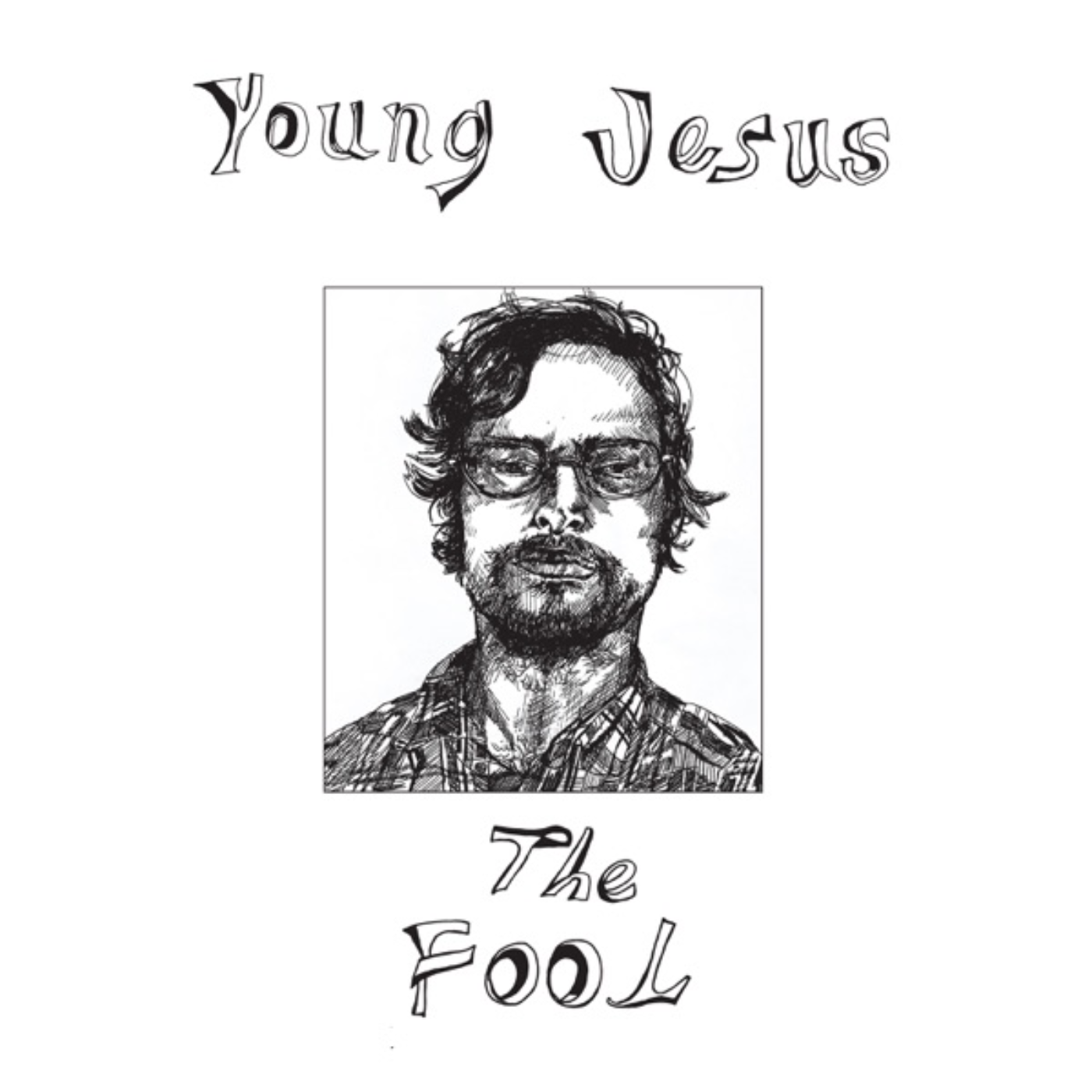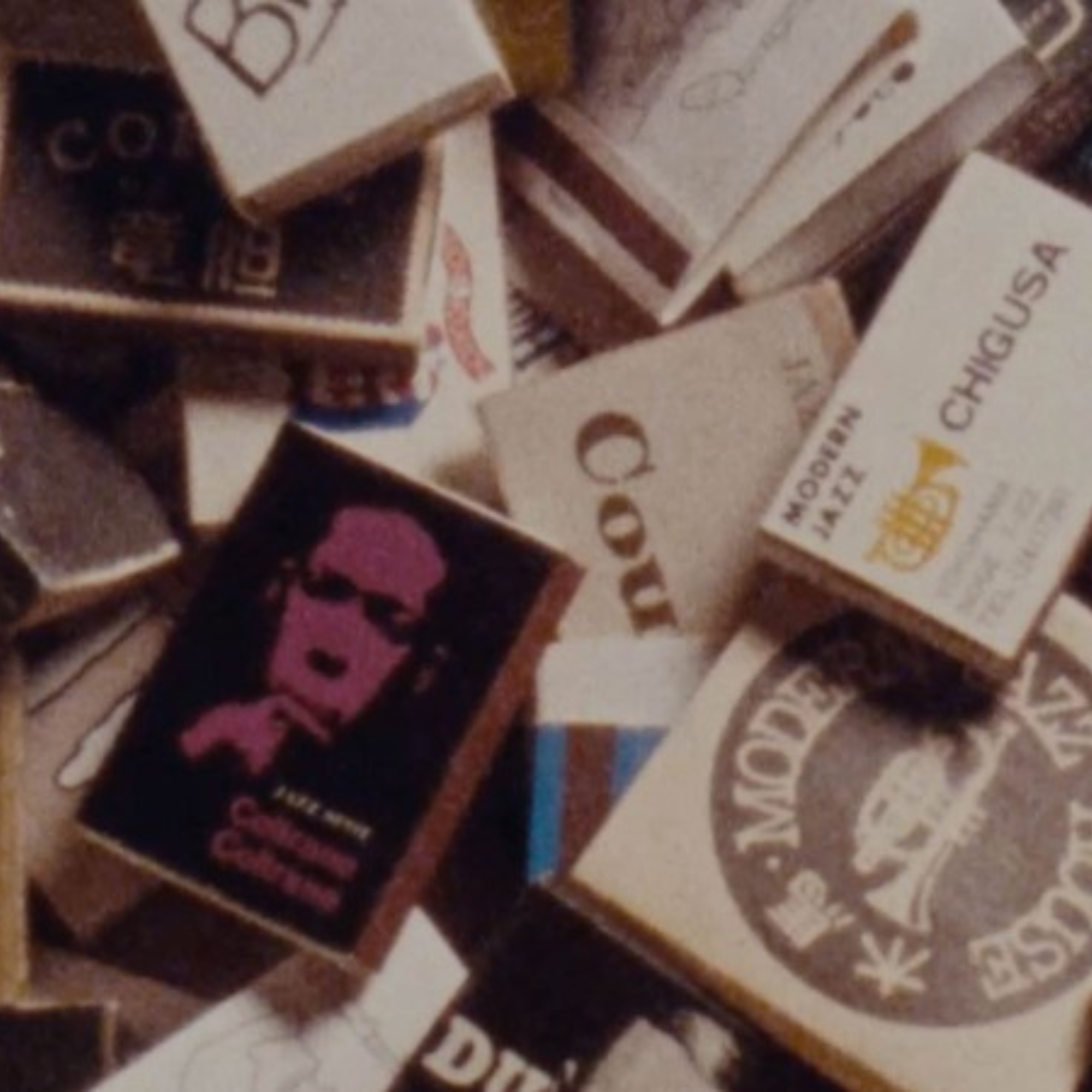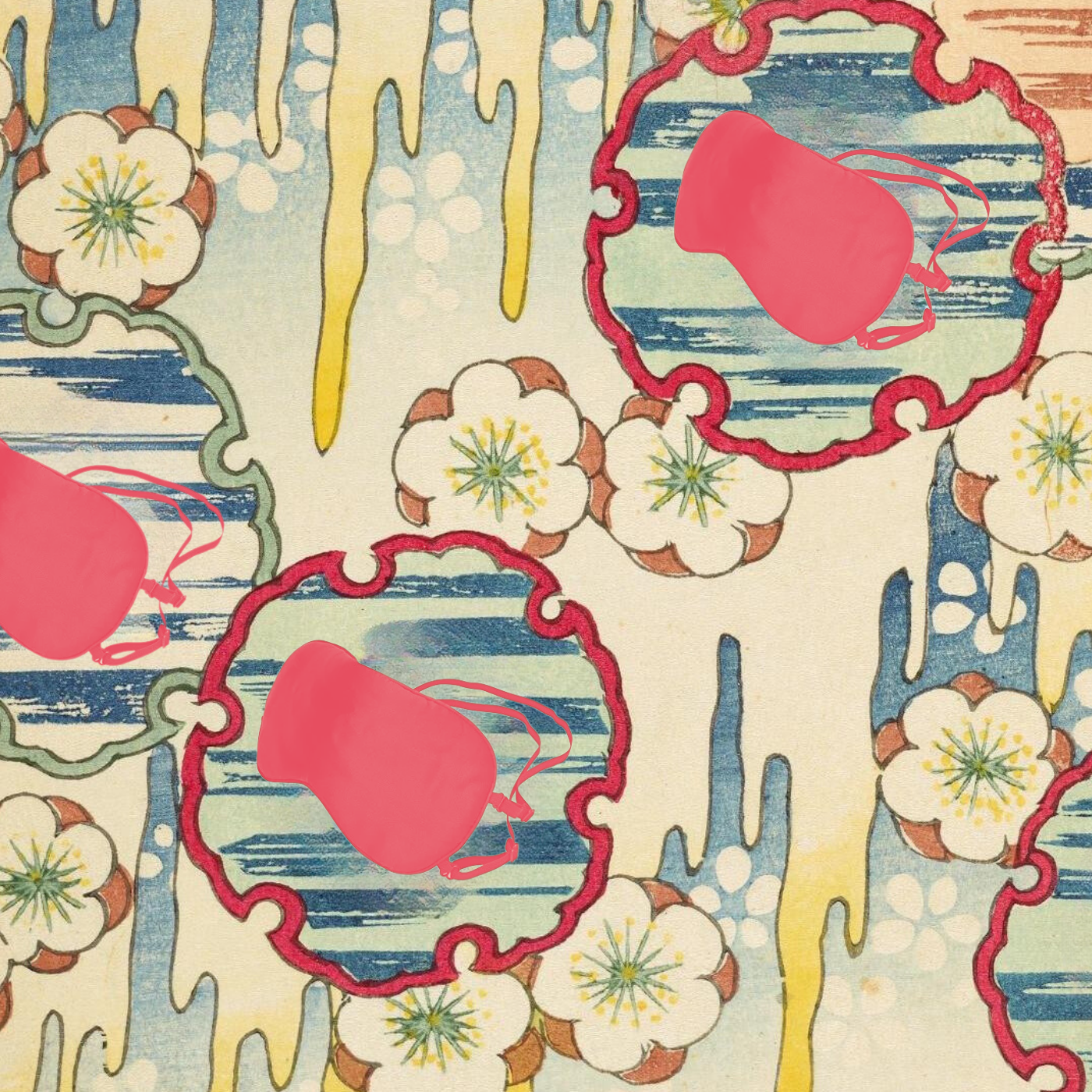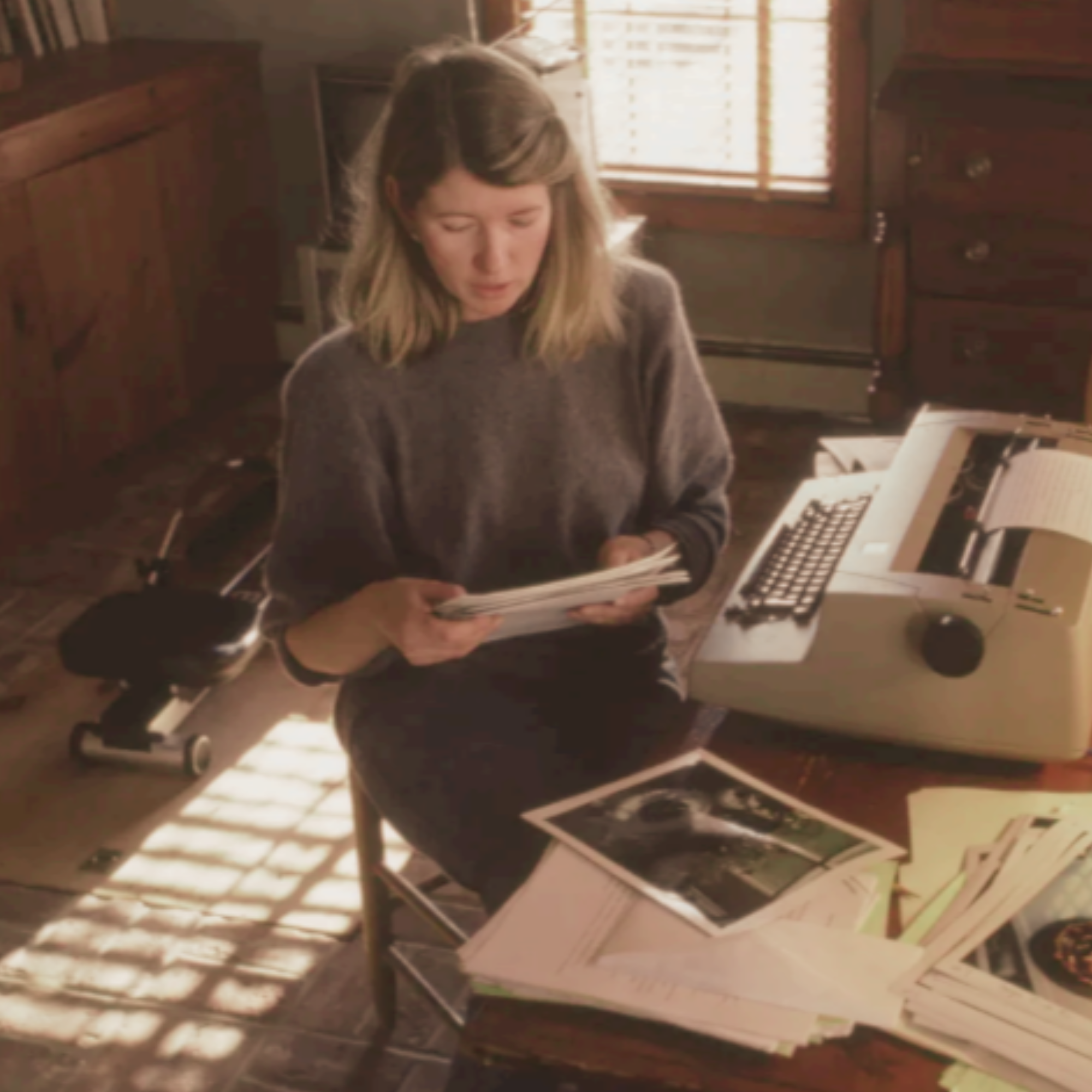- Studio Dirt
- Posts
- An oral history of BOMB
An oral history of BOMB
"With BOMB, it was artist to artist."

Left: Winter/Spring 1982; Right: Fall 1982
A (mini) oral history of BOMB Magazine’s early years. Olivia Aylmer compiles conversations with editor-in-chief and publisher Betsy Sussler and Mark Magill, BOMB’s first designer.
This piece originally ran on June 26th, 2023. Read the full piece here.

Mark Magill: My firm recollection of why it’s called BOMB is because that’s what happened when a film doesn’t make money. Now, I think there's another interpretation that arose over time, but that's what I heard from Betsy.
Betsy Sussler: We discussed the potential of the magazine with the community: on street corners and in bars, whatever, everybody thought it was their magazine. Because, in fact, it was. And by everybody, I mean all the artists and musicians and writers and theater people working in downtown Manhattan at the time. [The inception of BOMB] was an ongoing conversation because it still is. You know, I mean, one of the wonderful things about BOMB is you keep learning. Otherwise, why would you do it? You would be bored.
This was an artist and writers’ magazine. At the time, critics were telling artists what they thought the artists were doing. And artists would go, Nah, that's not really it. Or, Yeah, that's a really interesting idea. With BOMB, it was artist to artist, and you would ask a question and the artist would either refute it or respond to it or whatever. But I would say this: that there was always a revelation. That dialogue calls up revelations and, and an artist would go, My gosh, I hadn't thought of that before, but you know, you're right! or No, you're completely off left field. In fact, maybe they were right, but at least the artist got a chance to respond and say, this is what I was thinking and this is where I think I'm going.
So what we did in retrospect is we made the artist the center of her own tale. That was really not done back then. As a matter of fact, it was considered, I don't know, a ‘conflict of interest.’ I don't think it was as much eschewing journalism and criticism—because they have their place and they're important—as much as saying, this is what we do and this is our niche, and we're going to do it better than anyone. We were all very ambitious people. You know, we were all very ambitious artists. We knew what we were starting was important. We were under no illusions about that. We just didn't know how we were going to make it last.
I often joke, what we should have done was start an index fund at the very beginning, and all you had to do was buy [work from] the first 10 artists in BOMB and wait 20 years and then you never have to work again.
Magill: The other aspect was just this interview notion, right? Of having artists talk to other artists. And it was particular that it would be, you know, a writer talking to a painter, it was cross-disciplines. I often joke, what we should have done was start an index fund at the very beginning, and all you had to do was buy [work from] the first 10 artists in BOMB and wait 20 years and then you never have to work again. Because my experience is that those artists, they were all just emerging at the time, but we all knew who had it: Oh yeah, he's got it or she's got it. A lot of 'em went on to be, you know, quite successful and have great careers and make great art. So that was unique. The other [publications], you know, Artforum and October, was the publishing world sort of looking at art—it wasn’t artists saying, Yeah, I know this person, you know, Hang on, they're going to be amazing.
Sussler: And, and, and— this is important—and I said, I've had the experience of working with a collective before, so get this, I'm editor-in-chief, and it's not going to change. So if you're not comfortable with that, get out. I was really emphatic about it, because I wasn't going to see this taken over by a collective and then deflate because of that. I knew enough to know to say that. At the time I said there's gotta be a hierarchy. Now, would I say a ‘hierarchy’? How could I have used that word? But I had become an adult during women’s lib. I mean Ms. [Magazine] existed, Toni Morrison was publishing her novels, Heresies was publishing [ed note: a feminist publication on arts and politics that ran from 1977 to 1993], but it was still a unique situation. So I knew I was going to have to just put my foot down, you know, and say, I am the boss. Everyone said, okay.
The first issue we started with a loan. Rebecca Jackson, who was working with Philip Glass at the time and also working for Christophe de Menil said, I run Christophe’s office and I can write checks up to $3,000 and tell her about it later. I'm sure she would want to support this project, and wrote us a check for $3,000. Again, a $3,000 amount. And that's how we launched the first BOMB. It was a loan and we paid it back. I don't know how.

THIS WEEK IN DIRT
|
|
|
|



